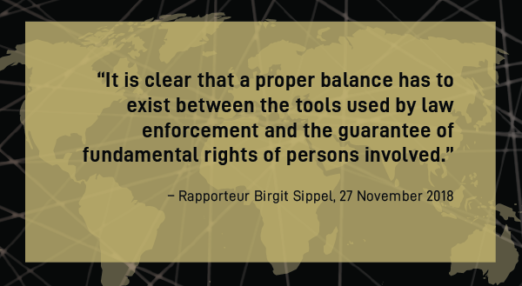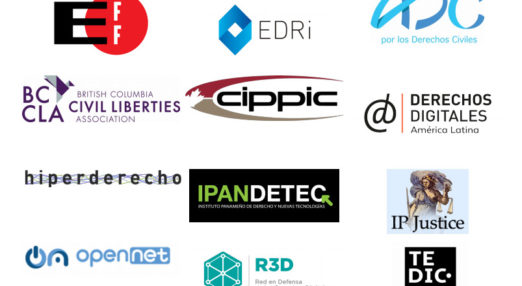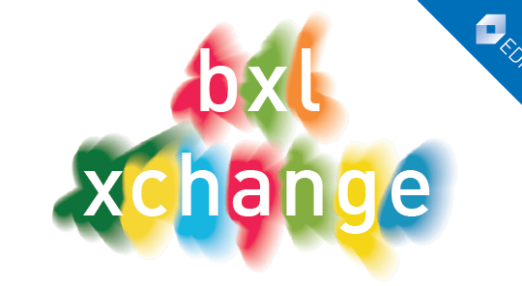Cross border access to data
Filter resources
-

“E-evidence”: Repairing the unrepairable
On 11 November 2019, Member of the European Parliament (MEP) Birgit Sippel (S&D), Rapporteur for the Committee on Civil Liberties, Justice and Home Affairs (LIBE) presented her draft Report, attempting to fix the many flaws of the European Commission’s “e-evidence” proposal. Has Sippel MEP been successful at repairing the unrepairable? The initial e-evidence proposal by […]
Read more
-

EU Commissioners candidates spoke: State of play for digital rights
On 1 November 2019, the new College of European Commissioners – comprising 27 representatives (one from each EU Member State), rather than the usual 28, thanks to Brexit – are scheduled to take their seats for the next five years, led by incoming President-elect, Ursula von der Leyen.
Read more
-

EU rushes into e-evidence negotiations without common position
On 6 June 2019, the Justice and Home Affairs Council (JHA) – which gathers all EU Member States Ministers of Justice – asked the European Commission to start international negotiations on cross-border access to electronic evidence in criminal matters (so-called “e-evidence”) in the upcoming months. The Commission should enter into bilateral negotiations with the United […]
Read more
-

Cross-border access to data for law enforcement: Document pool
The European Commission proposed a Regulation on cross-border access to and preservation of electronic data held by service providers and a Directive to require service providers to appoint a legal representative within the EU in April 2018. Since then, the legislative process to adopt them has been fast-tracked, which has prevented any proper assessment of […]
Read more
-

New UK counter-terrorism law limits online freedoms
The Counter-Terrorism and Border Security Act 2019 became law in the United Kingdom (UK) in February, after passing through UK parliament with less debate than many had hoped, while Brexit dominated the political agenda. The new law is problematic in many ways, including the way in which it limits freedom of expression and access to […]
Read more
-

Safeguarding fundamental rights in the new Cybercrime Protocol
On 20 February, European Digital Rights (EDRi), along with ten civil society organisations from across the globe, responded to a public consultation on the Council of Europe’s Second Protocol to the Convention on Cybercrime (also known as the Budapest Convention). The draft Protocol aims to establish international rules for cross-border access to personal data by […]
Read more
-

LIBE Committee analysis: Challenges of cross-border access to data
On 7 February, the European Parliament Committee on Civil Liberties, Justice and Home Affairs (LIBE) presented two new working documents analysing further the issue of cross-border access to data in criminal matters, also known as “e-evidence”.
Read more
-

EDRi members in joint protest against “surveillance zone” in Saxony
A new proposal for a surveillance law in the German state of Saxony is threatening to lead to abhorrent consequences on a stretch of Germany’s international border.
Read more
-

Growing concerns on “e-evidence”: Council publishes its draft general approach
On 30 November 2018, the Council of the European Union published a draft text for its general approach on the proposal for a regulation on European Production and Preservation Orders in criminal matters – also known as “e-evidence”. The text is to be adopted by EU Member States, represented in the Council.
Read more
-

Brussels up close – Experiences from the EDRi exchange programme
Learning and knowing abstractly how the EU works is one thing, seeing it up close and doing advocacy work right there is quite another! I am a Policy Advisor for the Austrian EDRi member organisation "epicenter.works – for digital rights" and, in October 2018, I spent two weeks with the EDRi office in Brussels. My aim was to get a better understanding of EU law making and advocacy.
Read more
-

CJEU introduces new criteria for law enforcement to access data
On 2 October 2018, the Court of Justice of the European Union (CJEU) delivered a new ruling in the “Ministerio Fiscal” case on access to data retained by electronic communications service providers under the scope the ePrivacy Directive.
Read more
-

Independent study reveals the pitfalls of “e-evidence” proposals
The conclusion of the study could not be clearer: “The added value of the new cooperation regime (quick and effective access to provider data) is mainly based on the abolition of cooperation obstacles and procedures ensuring effective protection of fundamental rights.”
Read more
